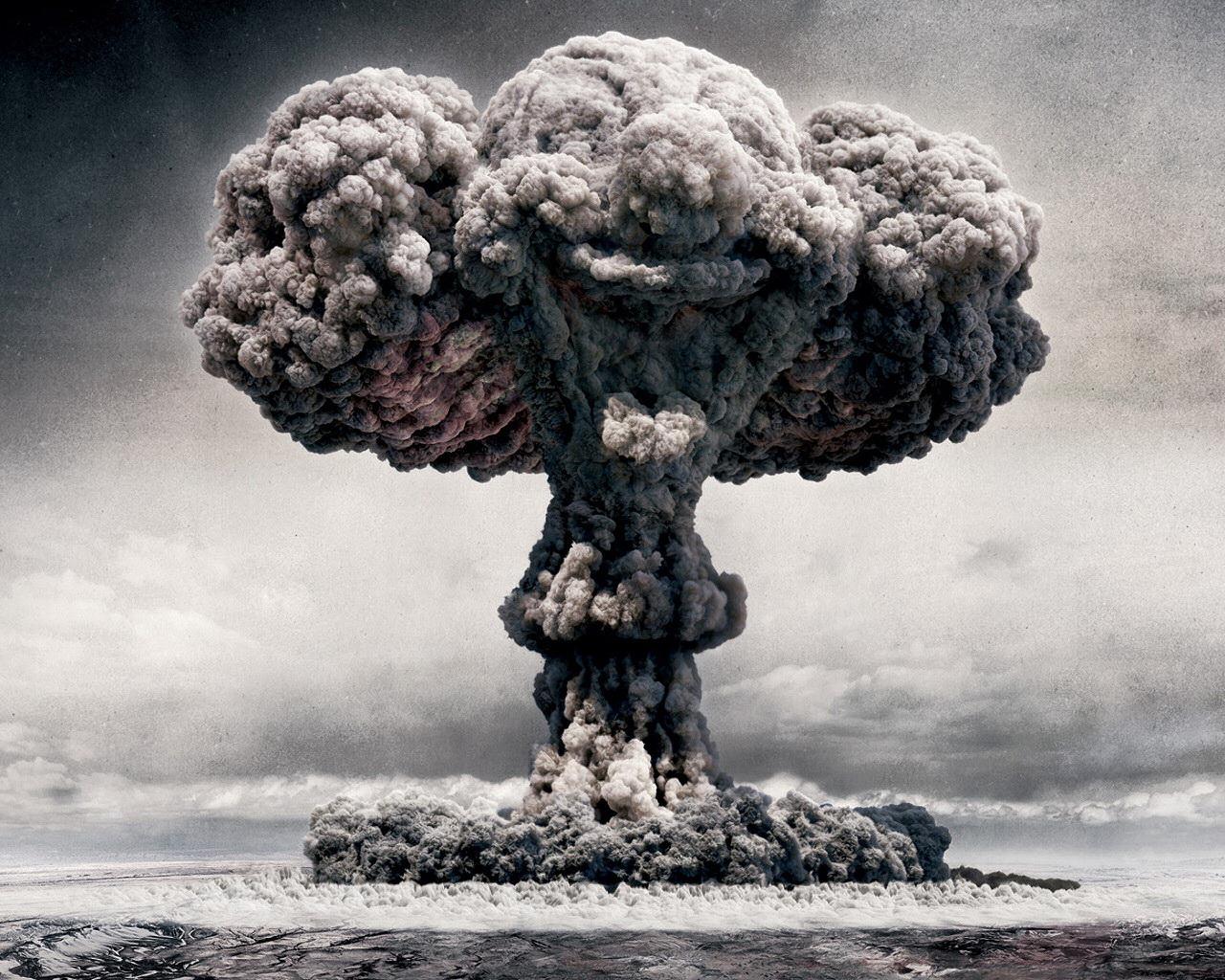
AI’s Ethical Crossroads: An Oppenheimer Moment
In the age of rapid technological advancement, artificial intelligence (AI) has emerged as both a promising solution to complex problems and a source of profound ethical concerns. The Netflix documentary titled “Unknown: Killer Robots” delves into the heart of these concerns, igniting discussions about AI’s role in making moral decisions that were once the domain of human judgment. In this article I aim to examine the intersection of AI, morality, and human responsibility.
The Documentary’s Alarming Premise
“Unknown: Killer Robots” paints a chilling picture of military-funded scientists feverishly working to integrate AI into the decision-making processes of the armed forces. The documentary delves into the profound implications of granting machines the power to make life-or-death choices in situations previously reserved for human cognition. As AI penetrates every level of strategic planning, the ethical, strategic, and existential concerns of this technology become glaringly evident.
One particularly striking segment of the documentary revolves around the moral quandary faced by an ex-US soldier who served in Afghanistan. The soldier recounts an incident where a young Afghani child, under the influence of the Taliban, was relaying crucial US positions back to the enemy. According to the rules of war, taking action against such a threat is justified; however, human morality intervenes, and the soldier refrains from taking the shot. This juxtaposition of duty and compassion encapsulates the complexity of human moral reasoning.
The crux of the matter lies in contemplating how AI would react in such a scenario. Unlike humans, AI operates based on algorithms and data analysis, devoid of emotional attachment or ethical considerations. Would AI make the cold and calculated decision to eliminate the threat, adhering strictly to the rules of engagement, or would it display an unexpected degree of empathy, as programmed by its creators? This query pierces through the ethical fabric of AI’s involvement in morally sensitive situations.
The Implications for Humanity
The ethical, strategic, and existential implications of AI’s integration into critical decision-making processes are monumental. The documentary compels us to confront the realities of granting machines the power to choose between life and death. As we stand at the crossroads of technological progress and ethical responsibility, we must consider the unforeseen consequences of AI’s logical yet unfeeling perspective. This compels us to ask: Are we ready to accept a future where machines determine the fate of individuals?
AI’s involvement in moral decision-making raises questions beyond the realm of military operations. With the increasing integration of AI in various sectors, from healthcare to criminal justice, we must confront the implications of handing over moral judgments to machines. Can algorithms truly encapsulate the nuances of human morality? Can they navigate the grey areas that often define our ethical considerations? The documentary underscores the need for a comprehensive exploration of AI’s role in our lives.
An Oppenheimer Moment
As we navigate this uncharted territory, the burden of responsibility falls squarely on human shoulders. The documentary serves as a reminder that, regardless of the technological marvels we create, the responsibility for moral decision-making remains with us. We must ensure that AI is programmed not only to follow rules but to uphold the values that define our humanity. The future of AI hinges on our ability to imbue it with a sense of ethical judgment that mirrors our own.
“Unknown: Killer Robots” is not merely a documentary; it’s a catalyst for conversations that demand our attention. It challenges us to examine the delicate balance between innovation and ethical considerations. The questions it raises are not confined to the realm of science fiction; they are questions we must answer as we forge ahead into a future dominated by AI. The film’s haunting revelations serve as a call to action, urging us to take charge of AI’s evolution for the greater good of society.
The documentary illuminates the intricate web of ethical dilemmas woven into AI’s foray into moral decision-making. It underscores the gravity of entrusting machines with life-or-death choices and encourages us to reflect on the role of humanity in shaping AI’s trajectory. As we confront this brave new world, our actions today will shape the AI-powered landscape of tomorrow. We find ourselves at a pivotal moment in history, a crossroads an ‘Oppenheimer moment’ where we have the power to shape the trajectory of AI’s influence on moral decisions.
Written By Josh Newcombe 31/09/2023
